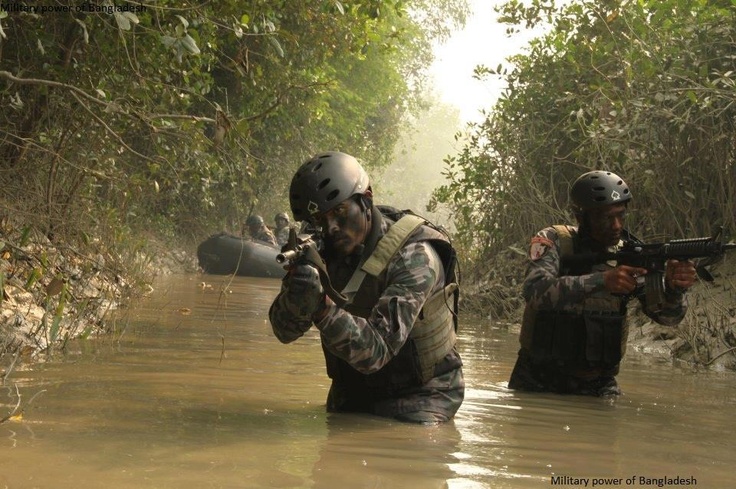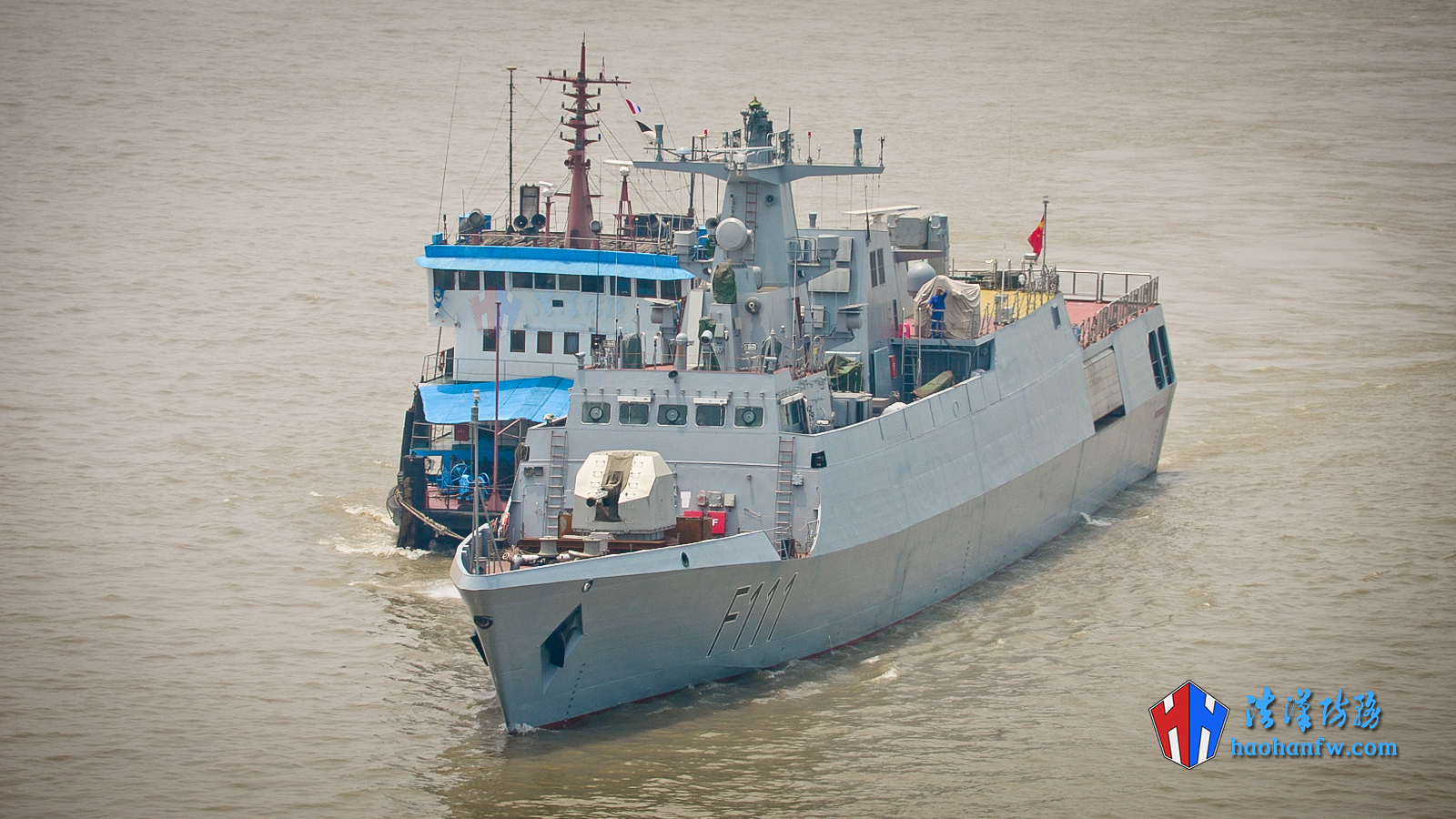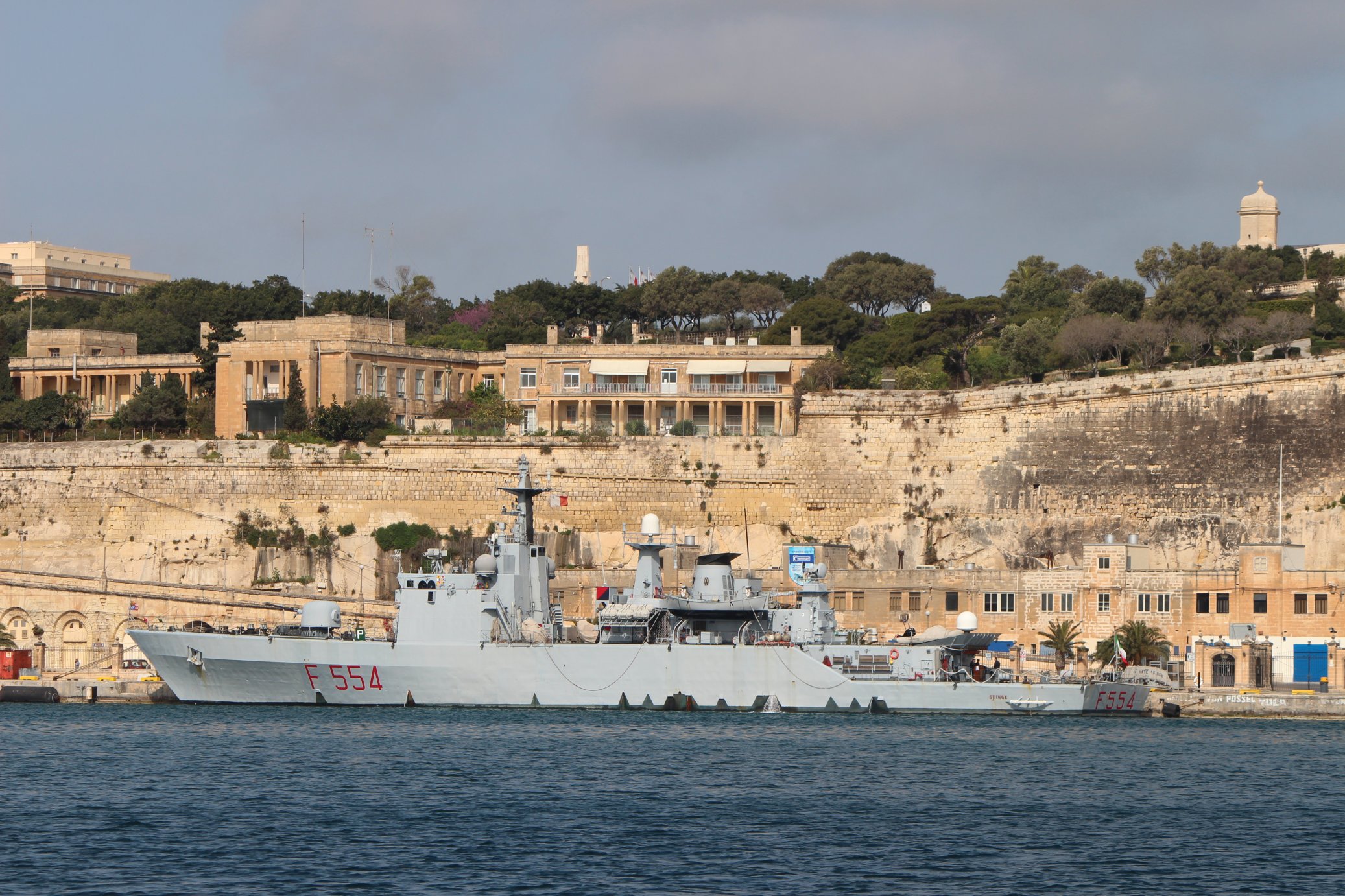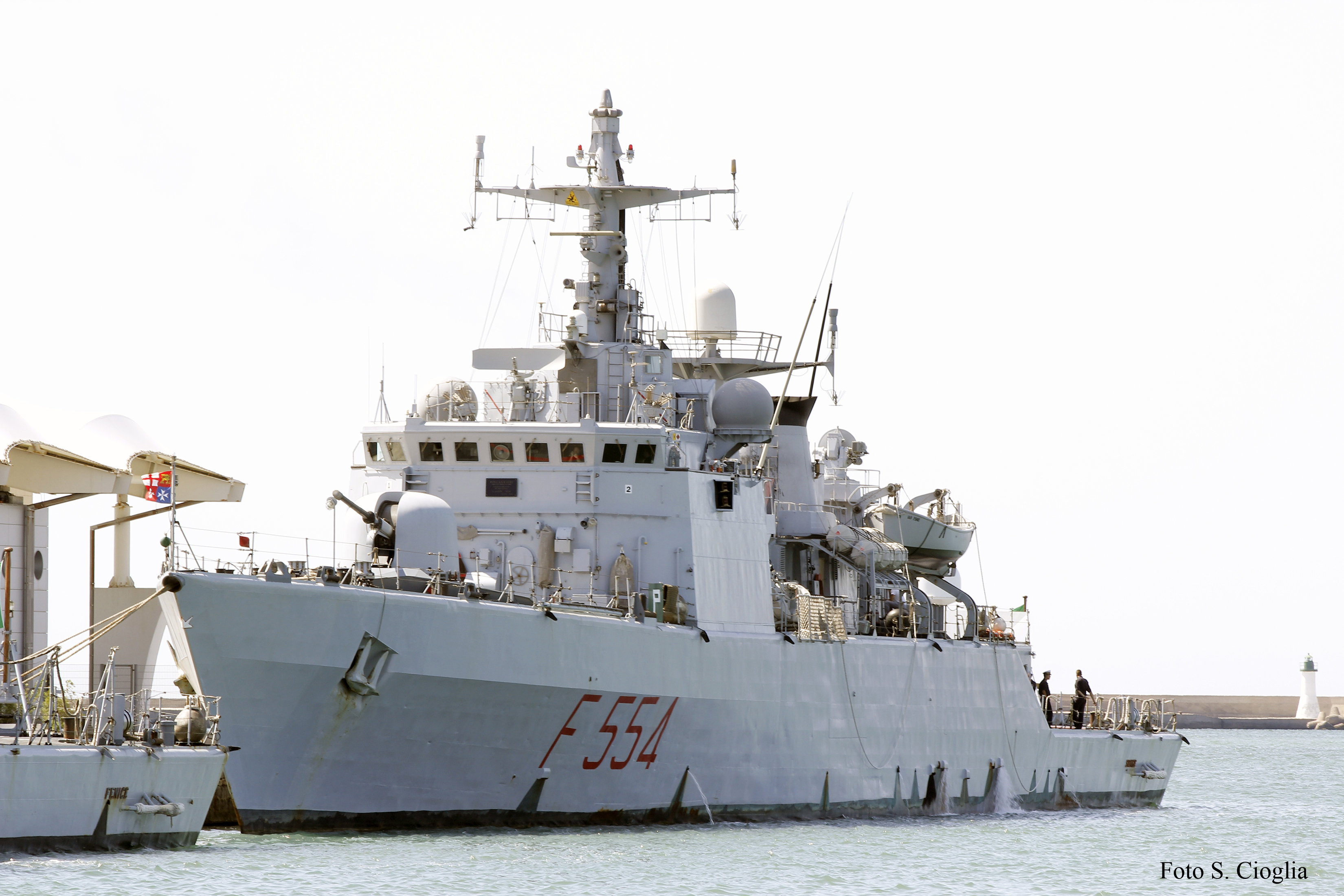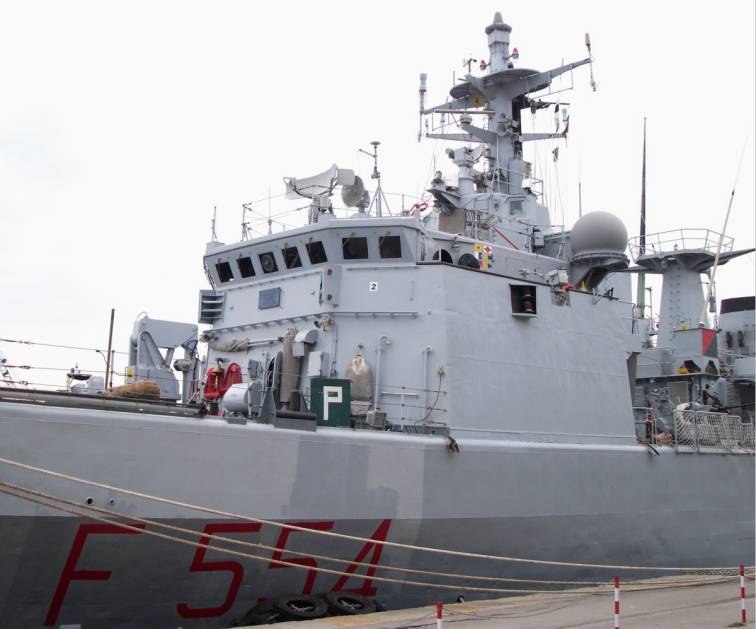This is sort of Navy related - about Sonadia Deep Sea port. Interesting statements by the ministers...
Japan outwits China in sea port bid in the Bay
Saleem Samad
Published : Thursday, 25 June, 2015
Japan is poised to take over China in the race to build the country's first deep-sea port in the Bay of Bengal.
The deep-sea port in Bangladesh is literally deemed a footprint of regional power for providing security for shipping in the Indian Ocean.
The port will have a draft of around 18 metres deep more than two to three times that is available in existing ports in Chittagong and Mongla.
Construction of the sea port at Matarbari in Maheskhali Isle on the southeast coast of Bangladesh is set to start by January next year, official sources in Japan International Cooperation Agency (JICA) confirmed.
JICA is already financing Tk 290 billion of the Tk 360 billion project to build a 1,200 megawatt coal-based power plant at Maheshkhali, the country's most expensive power project so far.
The deep sea-port, visualised as a regional hub, will facilitate maritime trade with two provinces of China, seven states of north-eastern India and West Bengal, in addition to Nepal, Bhutan and Myanmar.
Prime Minister Sheikh Hasina is expected to lay the foundation stone of the port in December this year. The first phase will be completed by 2020 in private-public partnerships.
"Some countries, including India and the United States, are against the Chinese involvement," said Planning Minister AHM Mustafa Kamal.
The government in fact was looking for alternative site and decided to have the long-awaited sea port at Matarbari, which is only 25 kilometers away from Sonadia, a Prime Minister's Office (PMO) official said.
He said talks on a China-backed port at Sonadia Island are also underway.
Previously China proposed to build a port about 25 kilometres away at Sonadia Island near Cox's Bazar, but was finally dropped in the high level policy meeting.
The policy-making meeting, presided over by Prime Minister Sheikh Hasina, included the deep-sea port in the list of the government's fast track projects.
The Japanese have ambitious plans. Matarbari port can be "an important trade gateway to the rest of Asia and beyond," JICA President Akihiko Tanaka said in a speech at the University of Dhaka last year.
While a Japanese company in 2009 completed studies for the Bangladesh government for a deep-sea port at Sonadia, Sheikh Hasina initially sought help of China to build it, which she once called the "most dependable and consistent friend of Bangladesh." Since 2012, China has publicly backed the Sonadia project.
If Sonadia fails to materialize, officials suggest China may help develop another port at Payra. When Hasina officially kicked off construction the Payra Port in 2013, the plan was for the port to handle vessels as deep as 10 meters.
The work at Matarbari includes construction of the port and jetties, additional channel, specific places for import and export, road and rail communications, linking with internal river ports, transit area, township, helipad, shelters during disasters and construction of gas and power plants.
Besides, the issues of land acquisition and rehabilitation have been included in the work areas of the seaport.
The sea port is first of its kind planned by the Bangladesh authorities as the existing sea port facility is not capable of handling the increasing export-import containers carrying goods worth of US$55 Billion annually.
Funds would be raised through bonds and equity from share markets and lending from foreign donors. It is expected that 30 per cent of the expenditure will be met by the Chittagong Port Authority's revenue.
With the construction of the deep sea port, Bangladesh's coast will turn into a top global cargo hub, working as a hinterland for a stretch of a land including southern China, eastern India, landlocked Nepal and Bhutan and part of Myanmar.
The deal would mark a setback for China in South Asia, where it's seeking to establish economic and military ties in a region that carries about 80 per cent of its oil imports. The Bay of Bengal, lies at the heart of an area where China, Japan and India are investing billions of dollars to secure economic gains for decades to come.
MA Mannan, State Minister for Finance and Planning, said there's room for both ports. Matarbari would be used mostly for handling coal imports to supply power plants, while Sonadia would be a "full-fledged deep-sea port," he said.
Both islands where Japan and China are jostling for construction of these proposed seaports have been designated an environmentally critical areas, another obstacle to building deep-sea ports.
Matarbari is a small island of shrimp farms and salt pans. Sonadia - home to mangroves, migratory birds and marine turtles.
For China and Japan, Indian Ocean ports are valuable. Besides carrying most of the world's oil trade, the seas provide access to some of the world's most populous and fastest growing markets.
- See more at:
Japan outwits China in sea port bid in the Bay































